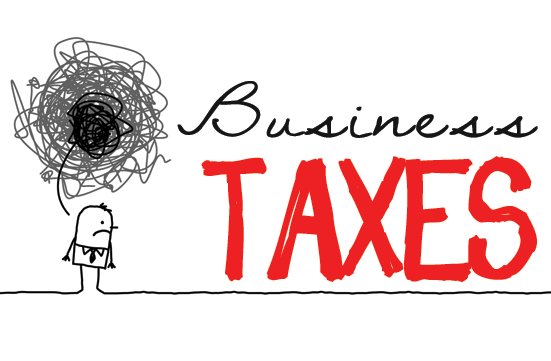Tax season is officially open with the IRS accepting returns now. Filing late or making a mistake can cost even more money in the long run. If you are unsure about how the IRS regulations affect your business, do not guess or take a chance you are making the right decision. Consult a tax preparation pro. Here are some tips from one of our partners, John Horell, EA, partner at KIZ Resources, LLC.
- File Early and Online. There is still a backlog from last year, and the IRS expects delays again this year in handling returns and refunds. To expedite filing, choose online over paper. Filing electronically works best if you expect a tax refund. You can expect to receive your refund three to six weeks earlier. The waiting time is even less If you have your refund deposited directly into your bank account or IRA.
- Take advantage of the Home Office Deduction. If you run your business from your home, you may be able to take advantage of the Home Office Deduction. If you qualify, you can take a business expense for a percentage of mortgage interest, real estate taxes, insurance, rent, repairs, utilities, and depreciation of your property. Find details at: https://www.irs.gov/businesses/small-businesses-self-employed/home-office-deduction
Do not forget about your vehicle. You can take a percentage of the expenses for operating your vehicle (gas, insurance, repairs, etc.) as a business expense. The percentage is calculated by the portion of business miles compared to non-business miles. You can instead elect to take the IRS’s Standard Mileage Rate of $0.56 per mile in 2021 and $0.585 per mile in 2022. More info available at: https://www.irs.gov/taxtopics/tc510- . Correctly classify your business. Failing to properly classify your business could result in overpaying taxes. Whether you classify your company as either a C Corporation, S Corporation, Limited Liability Partnership, Limited Liability Company, Single Member LLC or Sole Proprietor will have a different effect on your taxes. It is even more important for small businesses to consult with an attorney or an accountant to determine how best to classify their businesses.
- Separate business from personal expenses. If the IRS audits your business and finds personal expenses mixed with business expenses, regardless of whether you reported business expenses correctly, the IRS could start looking at your personal accounts for commingled money. Open a separate bank account and credit card for your business, and run only business expenses through those accounts.
- Be proactive about your taxes. Small business owners that are considered self-employed will be required to pay the Self-Employment Tax on their net profit. The Self-Employment Tax is an additional tax comprised of the employer and employee portions of the Social Security and Medicare Taxes. You can prevent owing a significant balance due on your federal, state, and local tax returns by paying quarterly estimated tax payments. This allows small business owners to smooth out their tax liability over the entire year. Find our more at: https://www.irs.gov/businesses/small-businesses-self-employed/estimated-taxes
- Understand the difference between net and gross income. Small business owners often forget to consider the difference between their net and gross income. Gross income on a product may be $50, but after deducting expenses, net income might drop to $10.
- Take advantage of capitalization rules. If you acquire a tangible piece of property or equipment for your business, you may be able to take a significant deduction.
- Lower tax liability with retirement contributions. There are many tax-advantaged vehicles that small business owners can use to lower their tax liability. Some of these include contributions to a Traditional IRA, Solo 401(k), and Simplified Employee Pension Plan (SEP) IRA. More info at: https://www.irs.gov/newsroom/irs-announces-changes-to-retirement-plans-for-2022
- File and pay on time. If you cannot finish your return on time, make sure you file Form 4868 by April 18, 2022, to stop the clock running on the costly late-filing penalty of 4.5% per month of the tax owed. Requesting an extension is especially important if you end up owing tax to the IRS.

